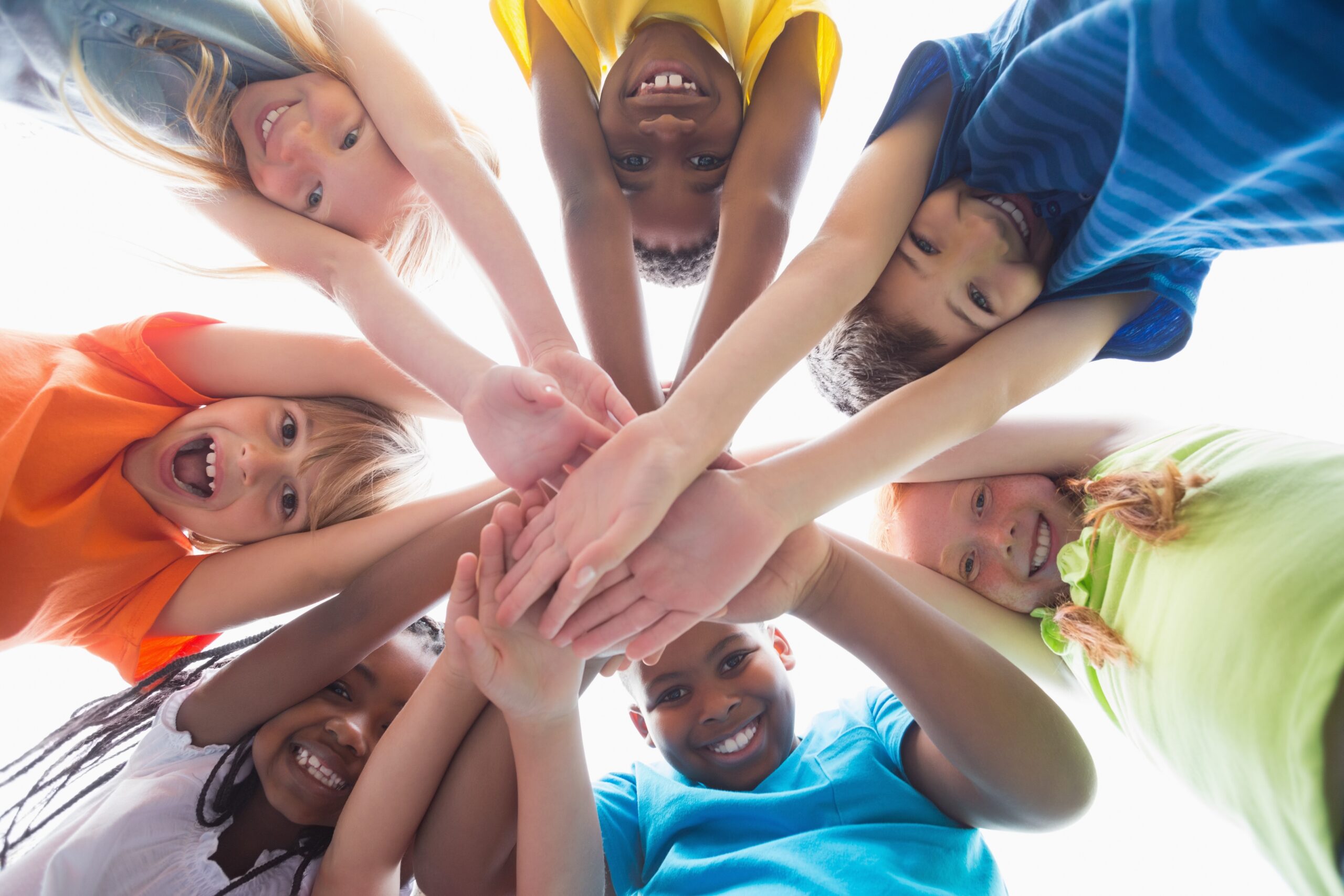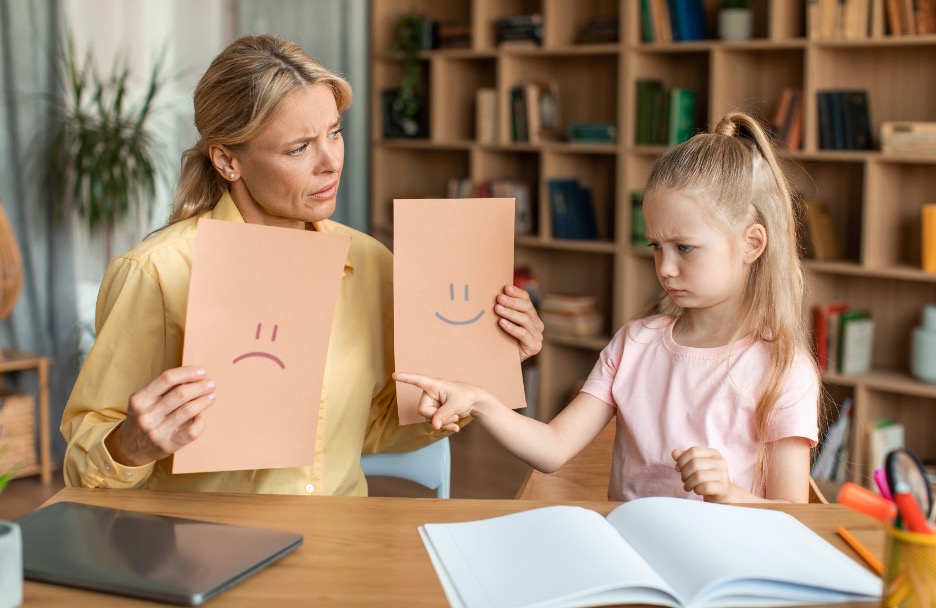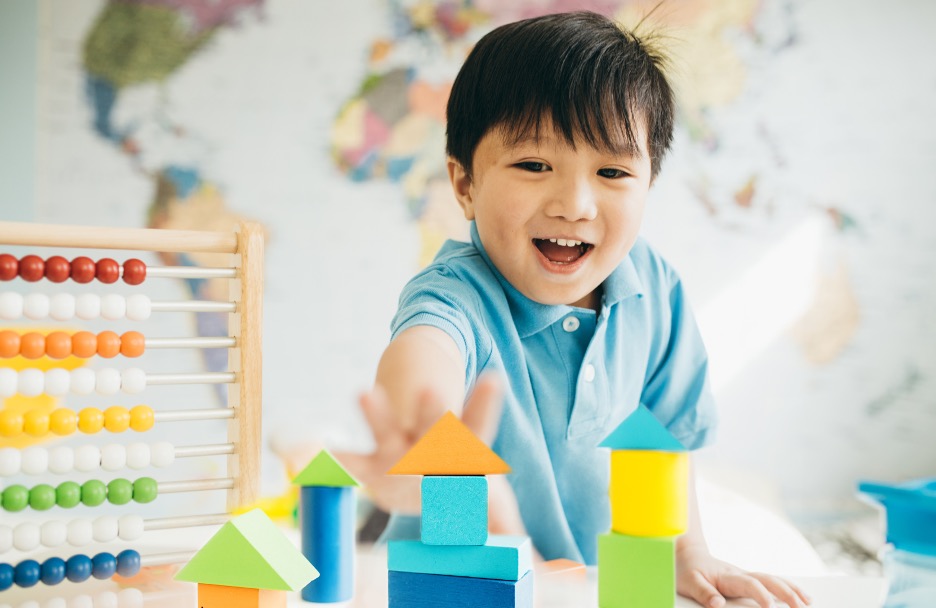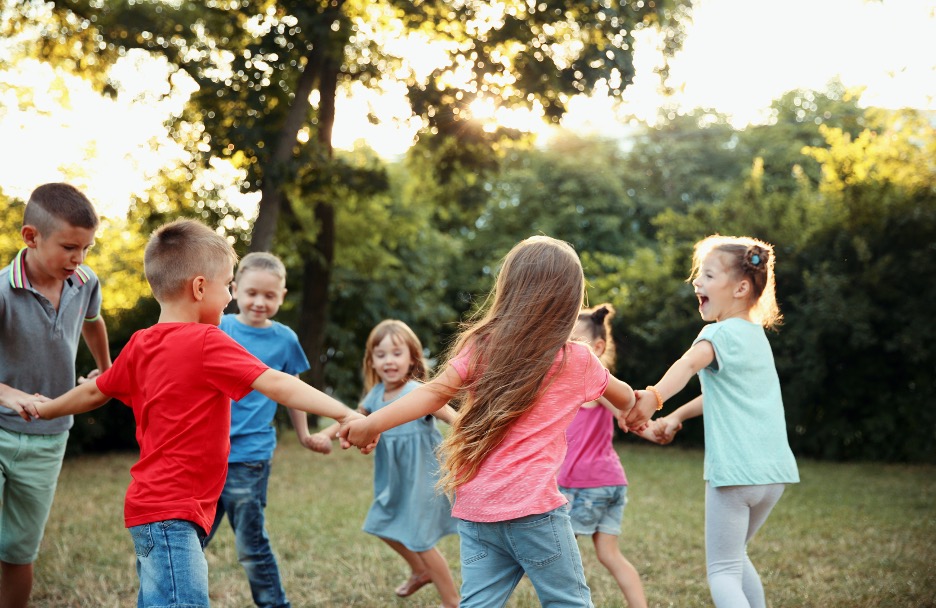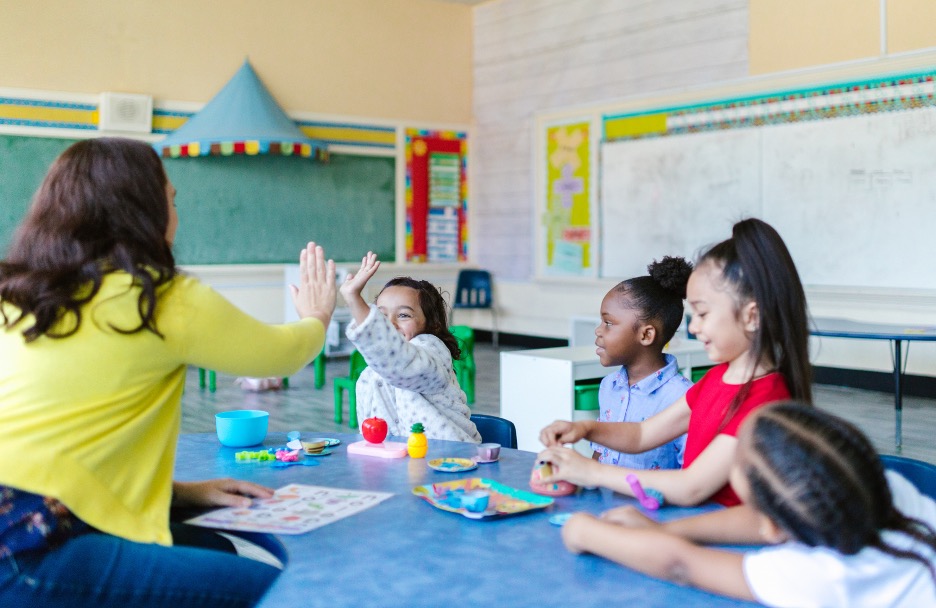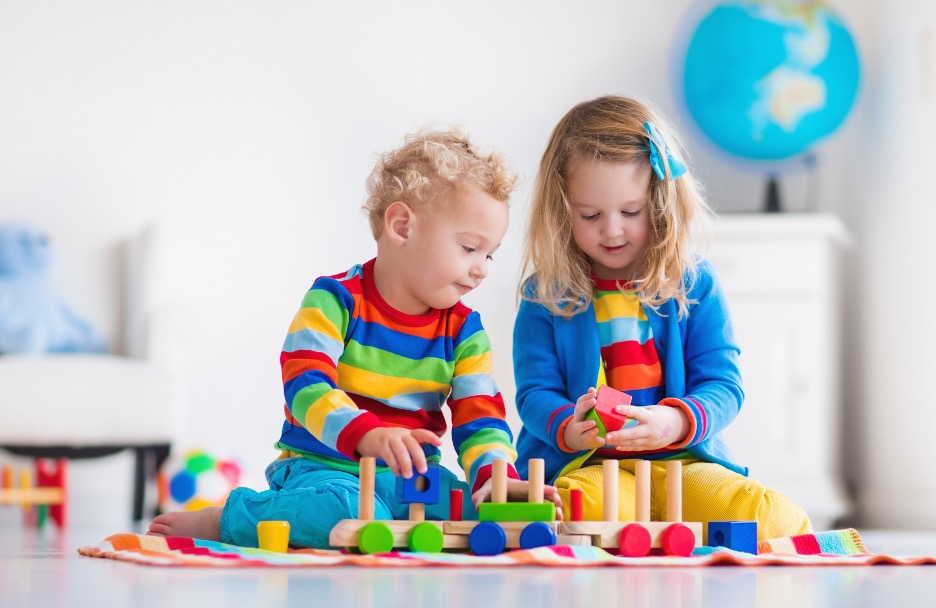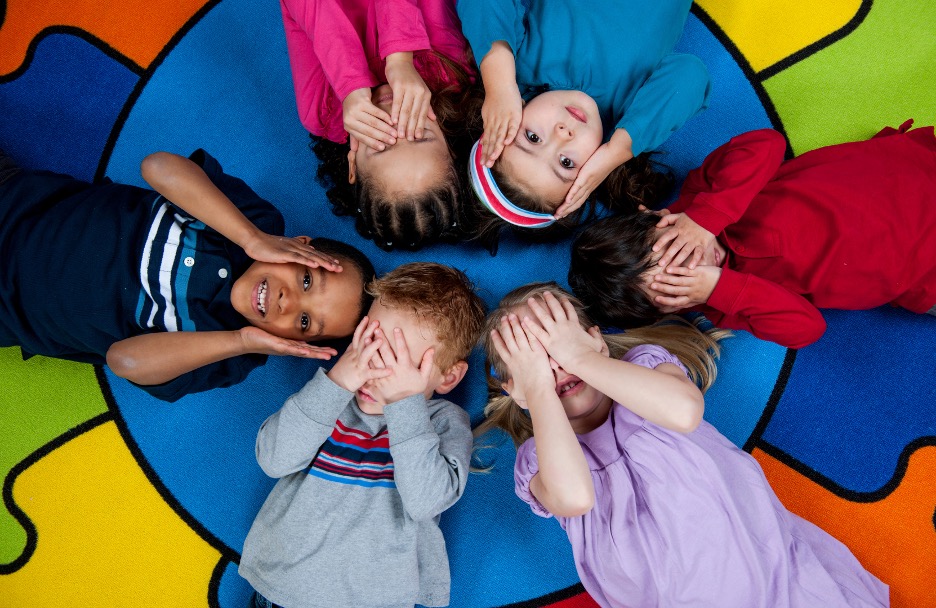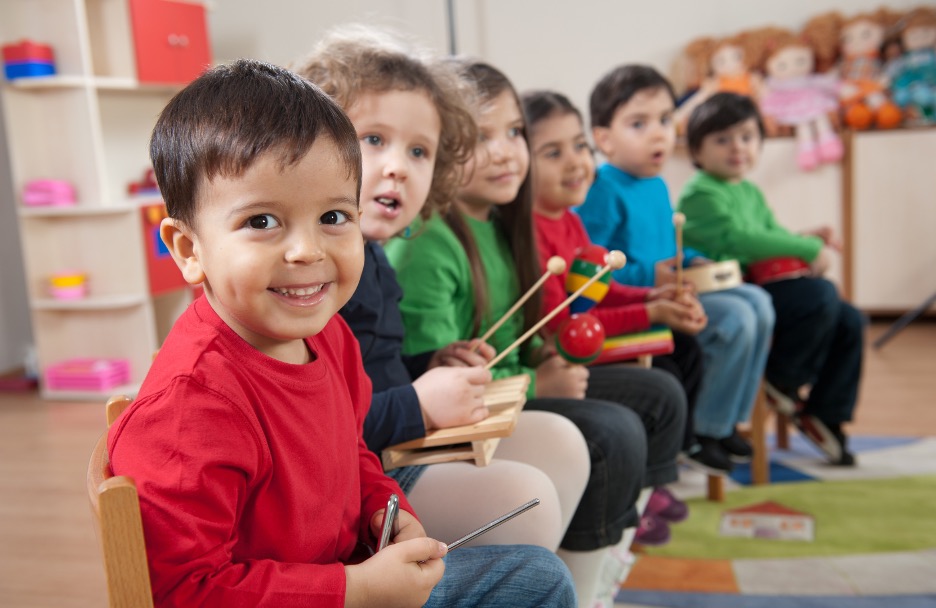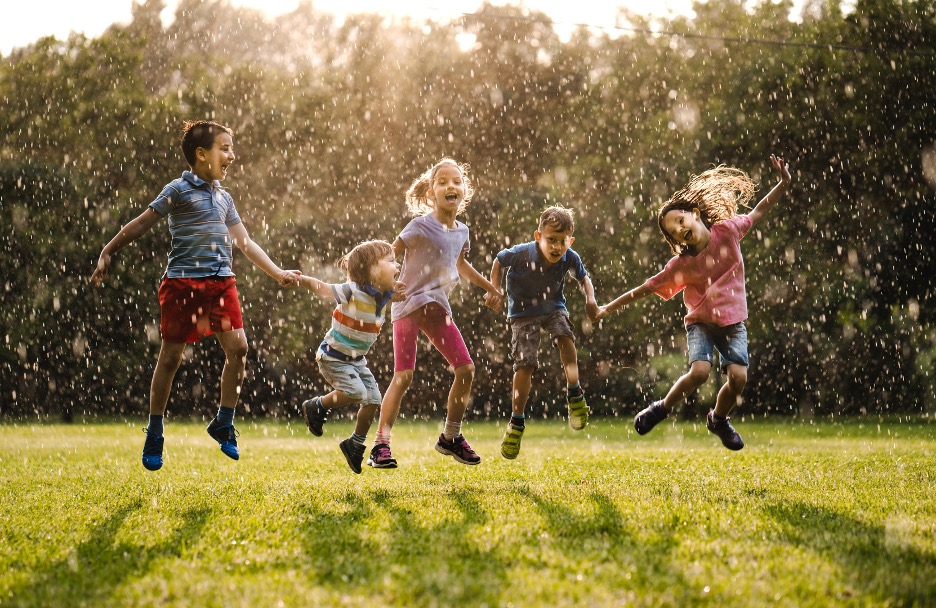The Benefits of Group Learning in Preschool Settings
Group learning has long been recognized as a key component of early childhood education. It fosters collaboration, critical thinking, and social development in ways that individual learning experiences may not. In a preschool setting, group learning becomes even more crucial...
The Role of Caregiver-Child Attachment in Early Development
Early childhood is a critical period that shapes an individual’s future, influencing their emotional, social, and cognitive development. One of the most significant factors in a child’s early growth is their attachment to a primary caregiver. Whether this bond forms...
How to Foster Emotional Resilience in Young Children
Emotional resilience is one of the most crucial skills a child can develop. It equips them to cope with challenges, manage their emotions, and bounce back from adversity. In today’s fast-paced world, fostering this resilience early on is essential for...
The Impact of Early Childhood Education on Lifelong Learning
Early childhood education (ECE) plays a pivotal role in shaping a child’s future. Research has consistently shown that children who participate in high-quality early learning programs are more likely to succeed academically, socially, and emotionally throughout their lives. The foundations...
Understanding Developmental Milestones: What to Expect
Every parent eagerly anticipates their child’s first smile, first steps, and first words. These moments are not only cherished memories but also important indicators of a child’s development. Developmental milestones are the markers of growth and progress in a child’s...
The Benefits of Bilingualism in Early Childhood
In our increasingly globalized world, bilingualism is becoming more common and valued. Introducing a second language to children at an early age can provide numerous cognitive, social, and cultural benefits. Early childhood is a critical period for language development, making...
Supporting Children’s Social Skills Through Playdates
Social skills are a crucial aspect of childhood development, influencing a child’s ability to build relationships, communicate effectively, and navigate social situations. One of the most effective and enjoyable ways to support the development of these skills is through playdates....
Exploring Imaginative Play: Nurturing Creativity in Children
Imagination is a powerful tool in a child’s development. Through imaginative play, children explore the world around them, develop social skills, and express creativity. This type of play, where children invent scenarios and act them out, is crucial in nurturing...
Creating a Home Learning Environment for Preschoolers
As parents and caregivers, you are your child’s first and most influential teachers. The early years are critical for laying the foundation for lifelong learning, and creating a supportive home learning environment can greatly enhance your child’s cognitive, social, and...
The Role of Outdoor Play in Gross Motor Development
Outdoor play is not just a source of joy and fun for children; it also plays a vital role in their physical development, particularly in the enhancement of gross motor skills. Gross motor skills involve the use of large muscle...

